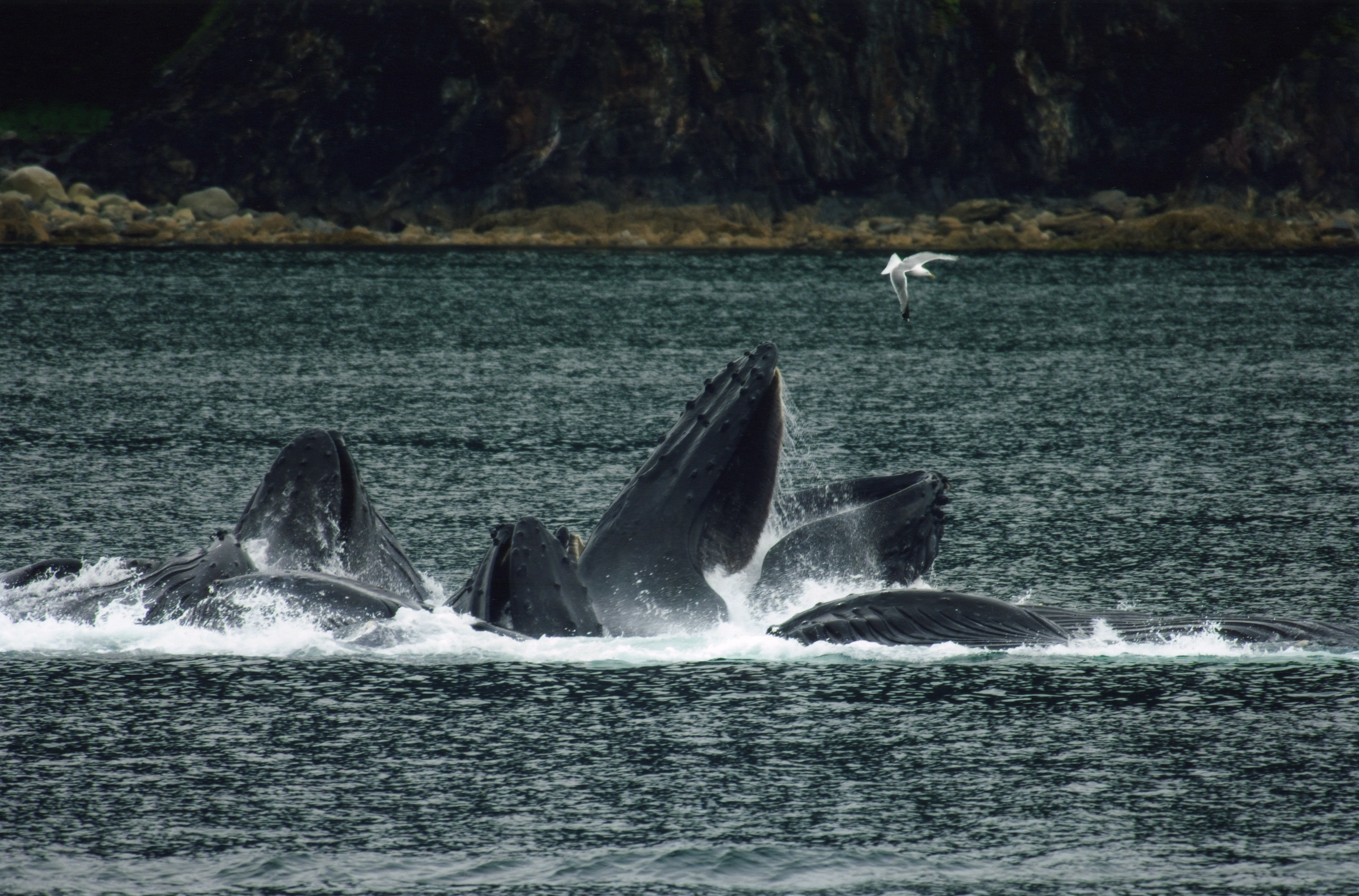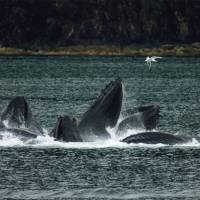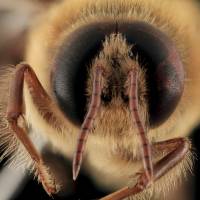In mid-June, The New York Times reported that U.S. President Barack Obama intends to use his executive authority to create the world's largest marine protected area in the south-central Pacific.
For scientists and ecologists who have some inkling of the mysteries and complex interactions of the ocean's myriad species and ecosystems, this move is a no-brainer.
Others, of course, vehemently disagree. One of those is Washington Rep. Doc Hastings, chairman of the Natural Resources Committee of the U.S. House of Representatives, who called Obama's initiative an effort to "close our ocean and coastal areas with blatant disregard for possible economic consequences," according to the same NYT report.
Nothing could be further from the truth. In fact, unless we protect even greater swaths of the ocean from exploitation and degradation, we will see invaluable food resources and countless jobs disappear. More importantly, we will lose priceless knowledge before we even understand it.
As Dr. Greg Stone observed in his latest Huffington Post blog, "We have better maps of the surface of Mars than we do of our own planet's sea floor.
"There are no doubt countless discoveries to be made under the surface of the sea. All of these findings fit together in a jigsaw puzzle that, as it reaches completion, reveals to us how people fit into the picture and how we can best manage, conserve and protect the oceans for our own benefit."
Stone is the chief scientist for nonprofit environmental organization Conservation International. His blog post is titled "When we explore the deep, we are exploring for our own survival."
Wondering what we don't know? Consider the whales.
Japanese policymakers have long claimed that whales are wastefully consuming marine species that humans can eat and, therefore, if we kill whales there will be more food for humans. A tidy, self-serving strand of sophomoric research spun into a fraying national whaling policy.
It turns out that the very opposite might be true.
In the July issue of Science magazine, Eli Kintisch introduced new research that reveals whales may be having quite positive impacts on the ocean.
"Far from depleting the resources of ocean ecosystems, growing numbers of large whales may be critical to keeping these environments healthy," explained Kintisch, a contributing correspondent to Science.
Although large whales consume huge amounts of small fish and invertebrates, this consumption can have a positive impact on certain species the whales consume, such as krill — shrimplike crustaceans found worldwide.
Apparently, in some areas where great whale populations have dropped, krill populations have declined. "The authors reason that the whales helped provide nutrients critical to krill and other species. For instance, the mammals release massive 'fecal plumes' and urine streams that fertilize surface waters with nitrogen and iron, and help enhance productivity by mixing up the top layers of the ocean when diving," Kintisch related.
The study, "Whales as Marine Ecosystem Engineers," appears in this month's issue of Frontiers in Ecology and Environment journal.
"The study's authors calculate that rebounded populations of whales could increase the productivity of phytoplankton in some subtropical waters by as much as 15 percent above the current level," Kintisch reported.
The authors also noted that whales can play a key role in carbon cycling from surface waters to the deep. When a whale dies, or falls, it carries a massive load of organic material to seabed environments.
Interestingly, Stone of Conservation International mentioned a whale fall he and his colleagues coordinated.
"We sank a whale carcass, which had died from apparently natural causes and washed up on shore, 2,000 feet (600 meters) below the Sea of Japan, and then descended in submersibles to observe the ensuing feeding frenzy by an array of creatures," he explained in his blog post.
"When animals in the ocean, particularly large ones like whales, die and sink to the bottom, they create their own micro-ecosystem, sort of like an oasis in the desert. Hagfish, deep sea isopods and the large and powerful six-gill shark all showed up to feed on the buffet we had set on the sea floor."
Clearly there is a wealth of wonder and knowledge below the waves that we dismiss at our peril. Far less excusable is what we have at our fingertips and yet fail to consider in policymaking.
Bees are a good example.
Across the planet, honeybee colonies provide essential pollination services and, in turn, food for each of us. They are also dying in appalling numbers.
"About one-third of hives collapse each year, a pattern going back a decade. For bees and the plants they pollinate — as well as for beekeepers, farmers, honey lovers and everyone else who appreciates this marvelous social insect — this is a catastrophe," wrote Mark Winston in a recent New York Times Op-Ed piece.
Winston is a biologist and director of the Centre for Dialogue at Simon Fraser University in Vancouver, British Columbia.
The loss of bee colonies is indeed catastrophic. However, as Winston pointed out, these mass deaths are not simply about the bees, but a reflection of human failure to understand what could be our own undoing.
"Honeybee collapse has much to teach us about how humans can avoid a similar fate, brought on by the increasingly severe environmental perturbations that challenge modern society," he noted.
If there were a single cause of death, that might be easier to rectify. Not surprisingly, there are many, in combination: numerous types of pesticides, viral pests and diseases, nutritional deficiencies due to single-crop fields that lack diversity, and commercial beekeepers regularly moving hives.
"The real issue is not the volume of problems, but the interactions among them. Here we find a core lesson from the bees that we ignore at our peril: the concept of synergy, where one plus one equals three, or four, or more," Winston explained.
"There is a lesson in the decline of bees about how to respond to the most fundamental challenges facing contemporary human societies. We can best meet our own needs if we maintain a balance with nature — a balance that is as important to our health and prosperity as it is to the bees," he concludes.
Stone shares a similar philosophy. "Healthy oceans can help ease the increasing burden our population is placing on this planet, but we need to be able to explore, observe and learn about the oceans in their entirety in order to protect and conserve them effectively," he said.
Scientists are quickly learning the wisdom of nature and how species benefit humans. The question is: Will we learn to live by the same laws of nature that Stone, Winston and others are revealing, or will we let politicians, those myopically focused on exploitation of nature, decide our fate?
Yes, President Obama, please do create the Pacific protected marine area, and another and another, and do the same on land for birds, bees and all biological diversity. Human survival depends on these intricate webs of life.
Stephen Hesse is a professor in the Law Faculty of Chuo University and associate director of Chuo International Center. He can be reached at [email protected].





